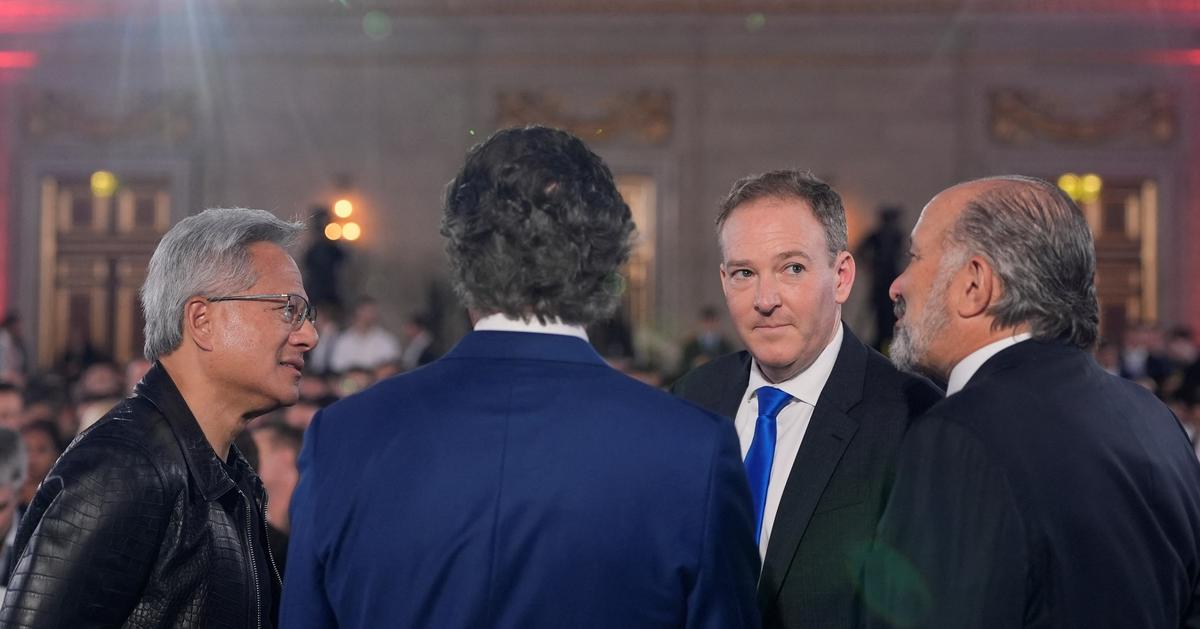The Trump administration is easing off its tough-on-China approach to technology export controls as it searches for leverage in trade talks and looks to propel US dominance on artificial intelligence.
The administration is debating whether to scrap its plans to replace a Biden-era rule that set up a global framework for export controls designed to prevent US-designed AI technology like chips from flowing to China or Russia, two industry sources told Semafor.
That’s not the only sign of a less hawkish approach to AI policy; the administration’s new AI plan called for more open-source and open-weight models despite concerns that they could benefit Beijing. And US officials recently approved the sale of certain semiconductors produced by Nvidia to China, drawing bipartisan scrutiny on Capitol Hill.
“I think it’s a mistake,” Sen. John Kennedy, R-La., told Semafor of the administration’s approval of selling those chips. “Because all they’re doing is helping China. I just think it’s a huge mistake. And I’m not sure, I think some CEOs talked the president into it. I hope he turns out to be right, but I wouldn’t have done it.”
The broader shift on export controls reflects Trump’s conflicting priorities as he tries to cut new trade deals and keep his tough-on-China reputation. The president faces political risk from any perception that he’s going soft on Beijing, and Democrats are trying to capitalize on that vulnerability.
But as the US and China continue trade talks, some degree of horse-trading is all but expected.
Senate Democrats, including Minority Leader Chuck Schumer, sent a letter to Commerce Secretary Howard Lutnick this week arguing that chip export curbs are needed to maintain the US edge in AI computing capability.
“What I see out in plain view is the president is helping a giant corporation make big money by moving chips to China instead of prioritizing the work done here in the United States,” Sen. Elizabeth Warren, D-Mass., told Semafor.
The Trump administration has not made a final decision on whether to replace the AI diffusion rule that it vowed in May to swap out, and its broader strategy is still a source of debate within the White House and Commerce Department, both sources told Semafor.
“President Trump and his administration remain committed to making the United States a global leader in AI, while also ensuring our most advanced technology does not fall into the hands of our adversaries,” White House spokesman Kush Desai said in a statement to Semafor. “These goals are not mutually exclusive, and we look forward to working with industry leaders to accomplish both these missions.”
In response to lawmaker criticism, a Nvidia spokesperson said that the Trump administration’s “approach promotes American technology leadership and benefits our national and economic security” and that the US government “has full visibility over every H20 sale to China.”

